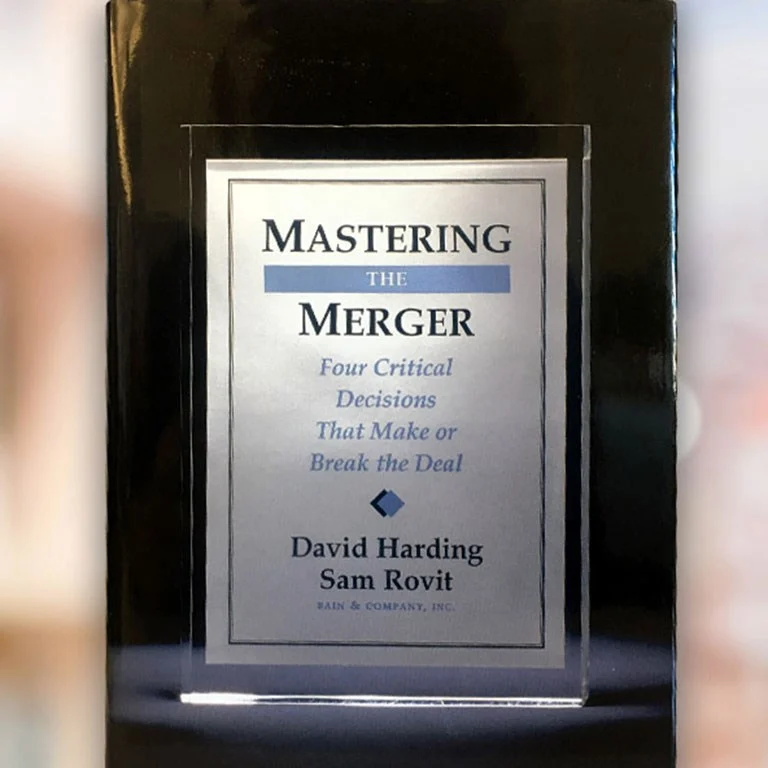Harvard Business Review
The full version of this article is available on Harvard Business Online (subscription required).
The Idea in Brief
Is your company prone to "deal fever"—getting so excited while pursuing acquisitions that it skimps on due diligence? Caught up in the thrill of the chase, many firms use due diligence to justify the deal rather than to uncover potentially serious problems.
To introduce discipline into your due diligence, Cullinan, Le Roux, and Weddigen recommend putting potential acquisitions' strategic rationale under the microscope: Probe for targets' strengths and weaknesses, and dig for unreliable assumptions. Be prepared to walk away.
Asking four questions can protect your company from ending up with a bad bargain:
- What are we really buying? (What would the acquisition bring, in terms of customers, competitors, costs, and capabilities?)
- What's the target's stand-alone value? (Your purchase price should reflect the target as it is, not as it might be once acquired.)
- Where are the synergies?
- What's the most we're willing to pay?

Mastering the Merger
Learn more about the core decision strategies that help companies win in M&A.